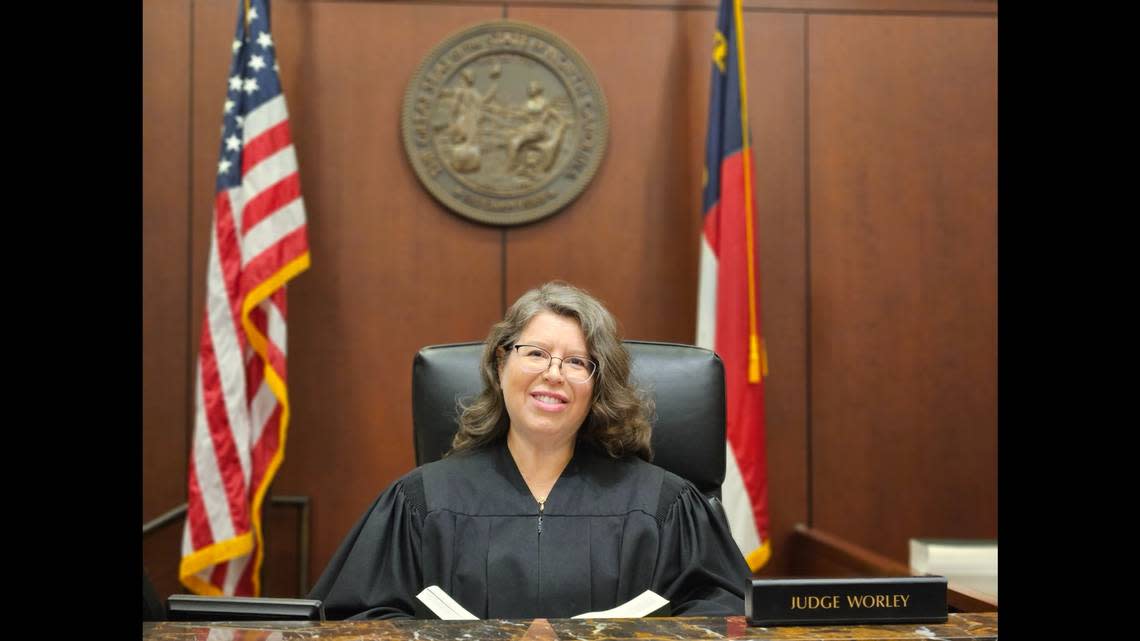Candidate for NC District Court judge, Democrat Anna Elena Worley, answers our questions

To help inform voters across the state, this candidate questionnaire is available to be republished by local publications in North Carolina without any cost. Please consider subscribing to The News & Observer to help make this coverage possible.
Name: Anna Elena Worley
District/seat: District 10C, Seat 3 (Wake County)
Political party: Democrat
Age as of March 5, 2024: 53
Campaign website: JudgeWorley.com
Current occupation: District Court Judge
Professional experience: I have been honored to spend the past 15 years serving as a District Court judge, sitting primarily in Family Court. Before being elected in 2008, I passed the specialization exam to become a North Carolina State Bar Certified Family Law Specialist and qualified as a Dispute Resolution Commission Certified Family Financial Mediator. As a Specialist, I provide an exceptional degree of experience and expertise to the Wake County Family Court.
Education: Wake Forest University, B.A., 1993, and Wake Forest University School of Law, J.D., 1996
What areas of the law do you have experience in, as a judge or attorney?
Criminal, civil litigation, appellate, family law and juvenile law.
What is your judicial philosophy?
I am dedicated to the fair application of justice and focused on families. As I approach each case, I remember that the resolution lies not in personal beliefs, but in the application of the laws to a case’s particular facts. Our courts are responsible for providing a fair and balanced playing field for all.
Tell us about a specific event in your legal career of which you are most proud.
Being elected to the bench in 2008 and qualifying as a Certified Family Law Specialist rank, but successfully preparing the asylum case of an indigenous Guatemalan grandmother who had had nine members of her family killed is a matter of pride. She fled without documentation of her government’s torment. Even once her case was filed, she was scared to say that her relatives had been singled out because of their race. With careful trial preparation, she was granted asylum and found a safe home.
To what extent should judges be allowed to share their thoughts on political issues in public?
Judges are not legislators and do not have platforms. When we see ways to improve the administration of justice, we should be allowed to engage in an open exchange of ideas. Judges should not be allowed to undermine the public’s view of the impartiality of the judicial branch by making statements that suggest that we have pre-judged how we would decide an issue that might come before us.
